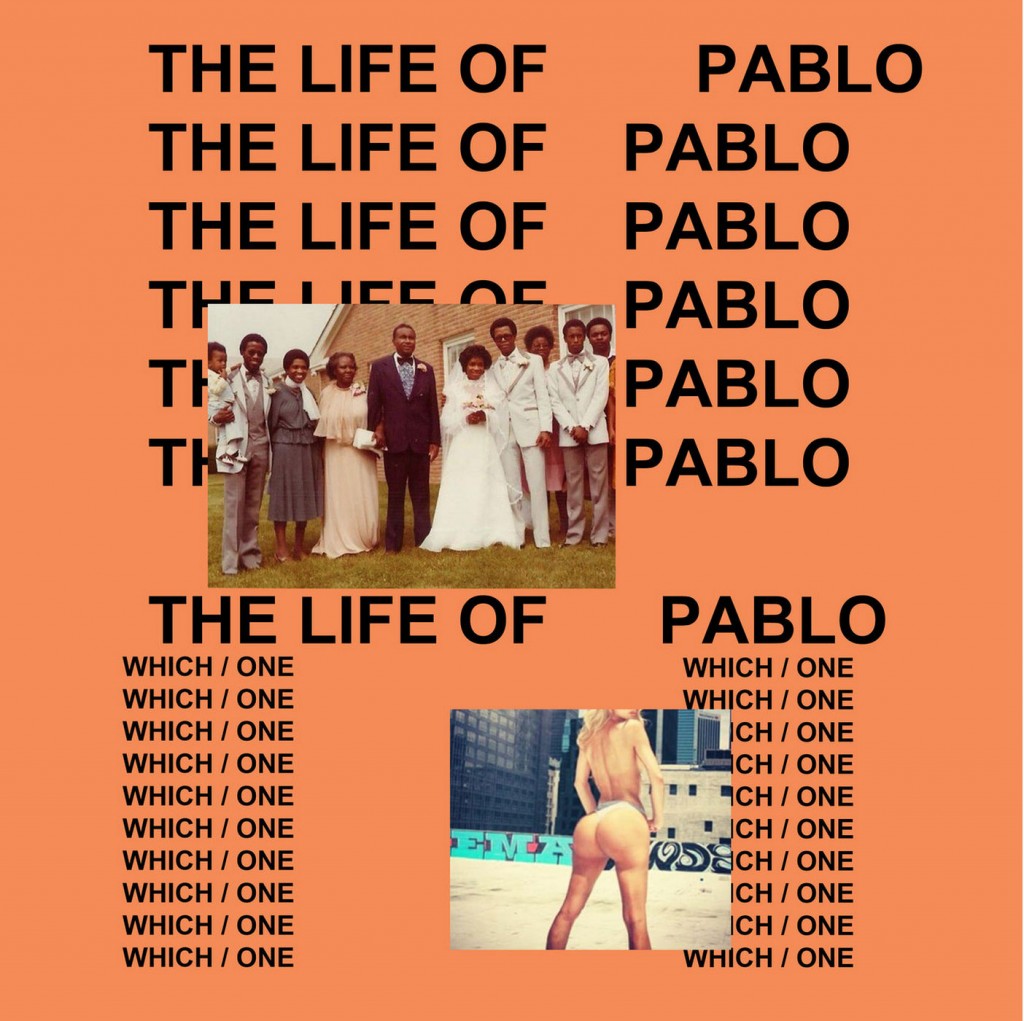
Three years and four album title changes later, the wait is over for Kanye West’s new album, “The Life of Pablo” (TLOP). Coming off of an electrifying performance on “Saturday Night Live,” Kanye West released his seventh studio album exclusively through streaming service TIDAL late Saturday night.
Prior to the album’s release, there was much speculation as to whom “Pablo” referred to. West confirmed that Pablo refers to Paul the Apostle — Pablo is Paul in Spanish — who was the man responsible for teaching the gospel of Jesus Christ. Maybe West sees himself as a modern Paul, a man who is here to spread his own gospel. In that case, it’s possible to see “The Life of Pablo” as building off “Yeezus” and, in many ways, it is.
“Yeezus,” West’s sixth release, was a mad-scientist creation with a grating and grandiose sound unheard of in the rap world, a sound that fans found polarizing but critics loved. At points, TLOP has the same feel and sound as “Yeezus,” yet it’s unclear what statement West is trying to make musically and thematically on this album.
Although the songs are individually enjoyable, the album itself lacks the cohesiveness of his other albums. Kanye’s previous albums have all pushed the boundaries of rap just a little further, while making use of the same soul beats and aggressive delivery that he is known for. The album feels amorphous and almost unsure of itself.
But maybe that’s the point. Maybe West is tired and is finally finished. On the track “I Love Kanye,” West unabashedly raps, “See, I invented Kanye, it wasn’t any Kanyes, and now I look and look around and there’s so many Kanyes.” West isn’t bored; he is just satisfied with his creation and may be stepping aside for a new generation of rappers.
Kanye has clearly been changed by family life and this album may be his realization that that is the only important thing, that the rest doesn’t matter. On “Real Friends” and “No More Parties in LA,” West shows maturity while musing about a life lost due to fame and a jadedness toward his celebrity.
Of course, it wouldn’t be a Kanye West album without controversy and on “30 Hours” and “Facts,” it is Kanye West versus the world: from Nike to ex-girlfriends to Bill Cosby, nobody is safe from the edge of West’s sword.
What West does particularly well on this album, as well as on his other albums, is produce. His attention to detail is impeccable, and the sampling is so obscure that one often feels ill-equipped to review West’s music. Above all, a lot of the album is, in West’s words, “cookout music that just feels good,” which he achieves with his own version of soul and gospel mixed with slightly abrasive trap beats.
If this is West’s last album, as some have guessed, it makes sense to end the career of a chameleon with an album that constantly changes pace and focus. Either way, West can rest easy knowing that his legacy among rap’s pantheon is cemented and that this album only adds to his illustrious discography.


